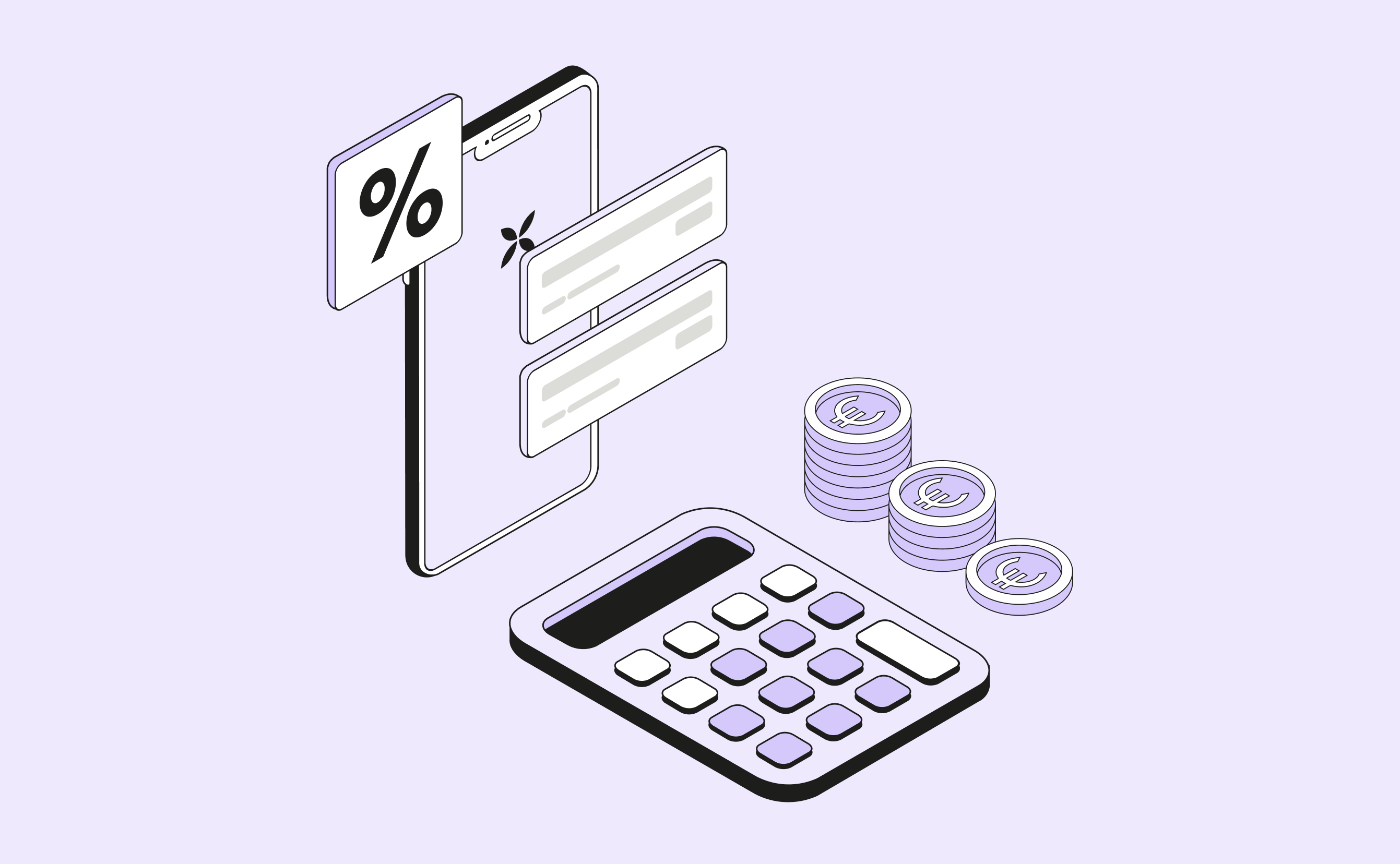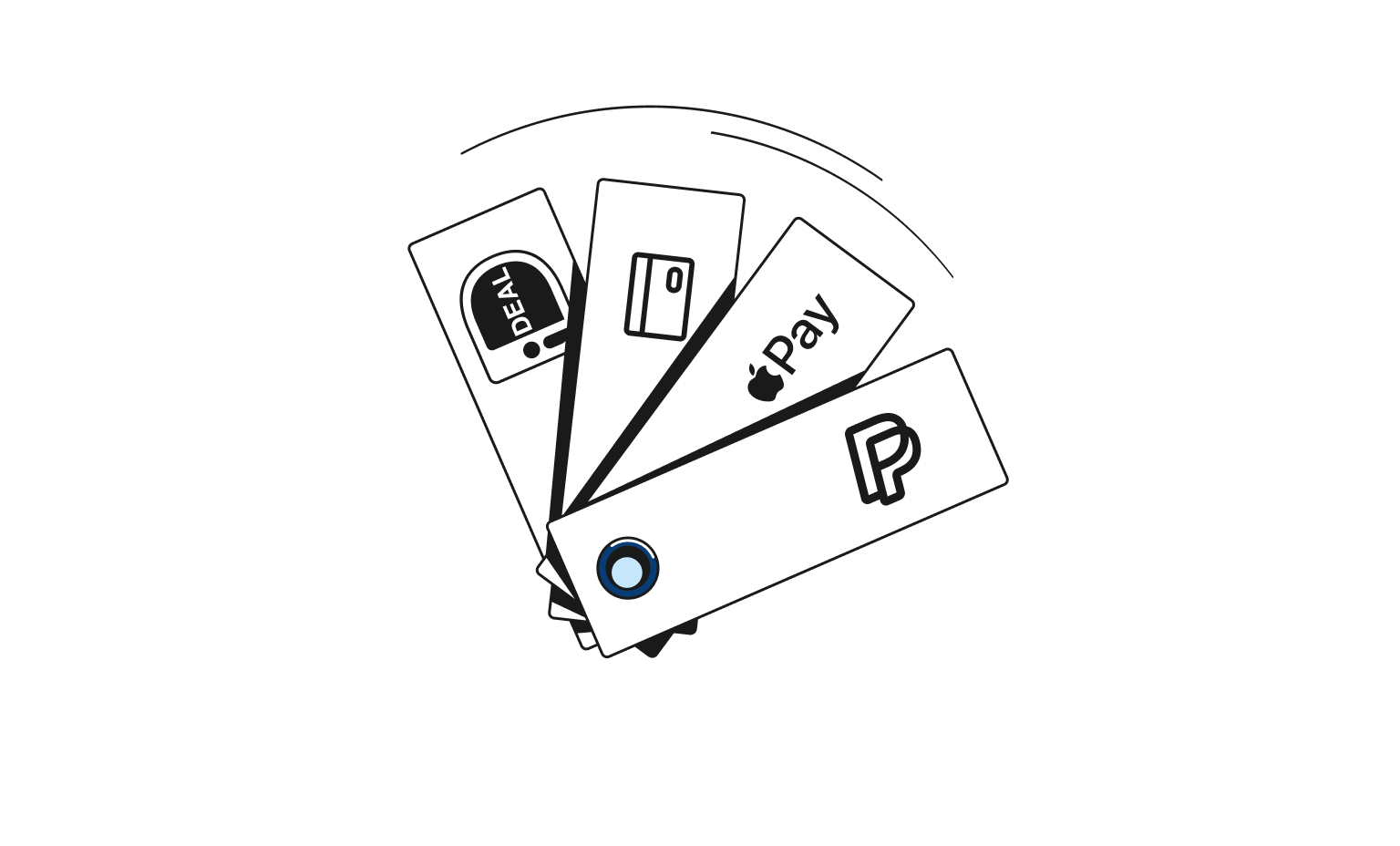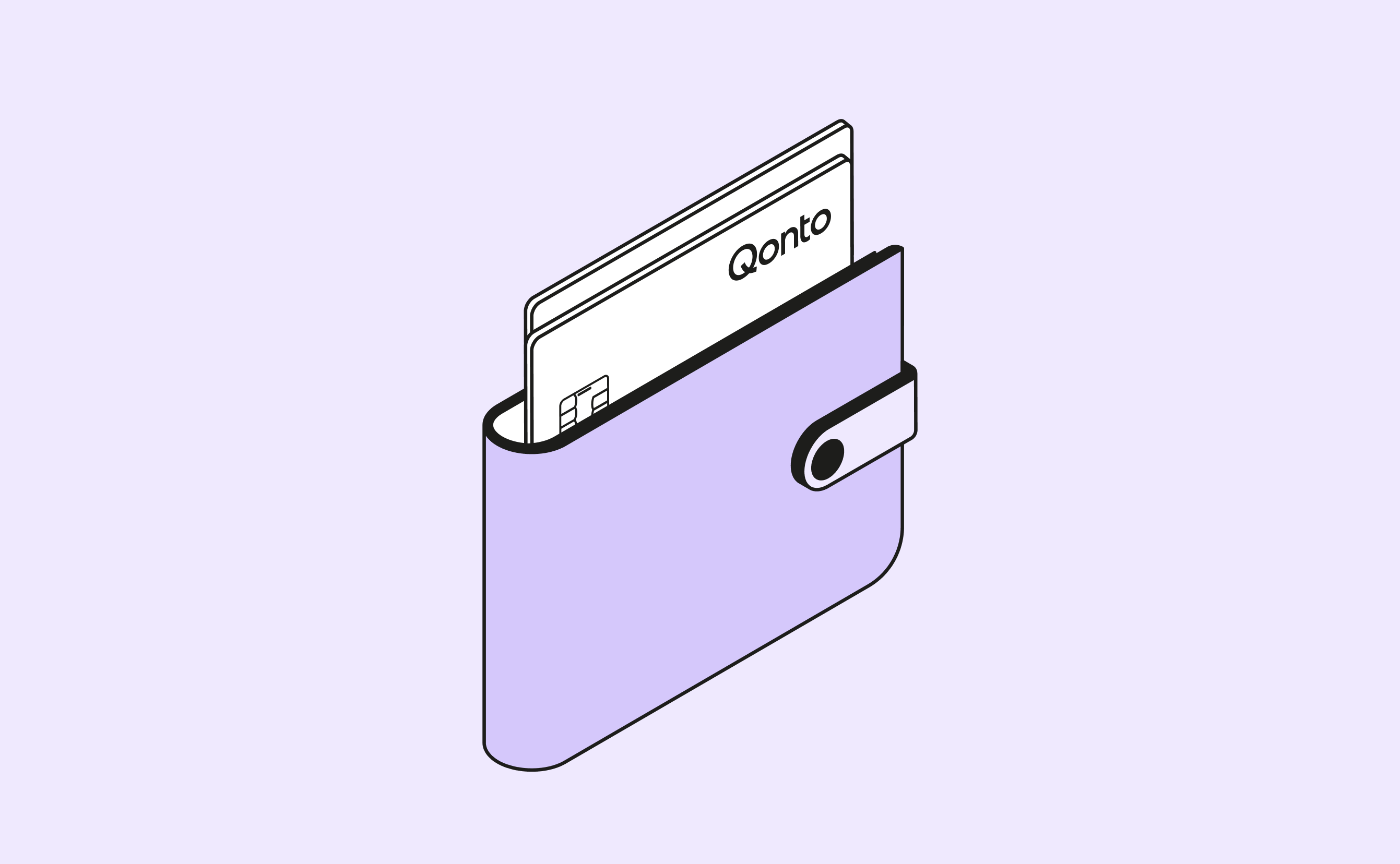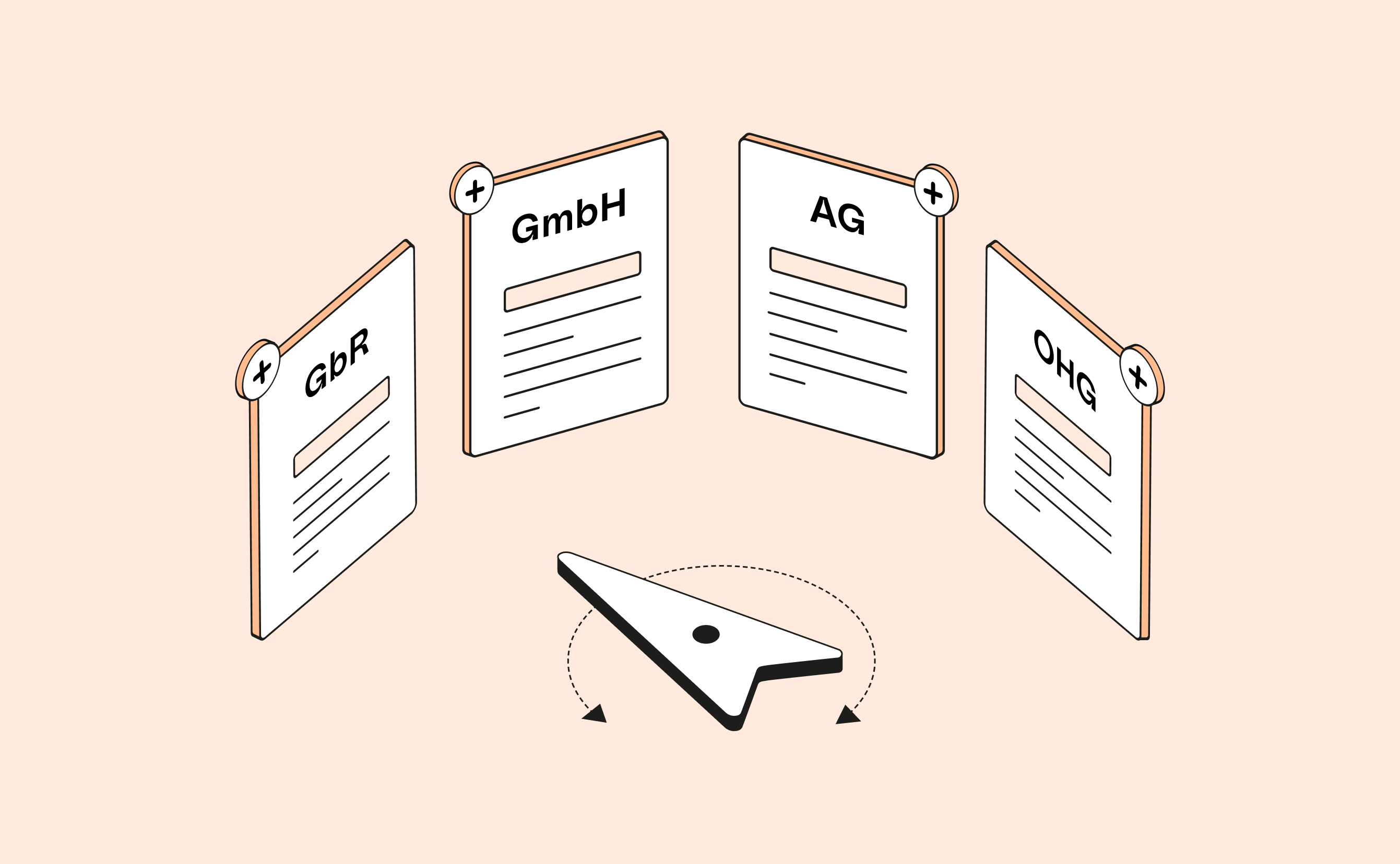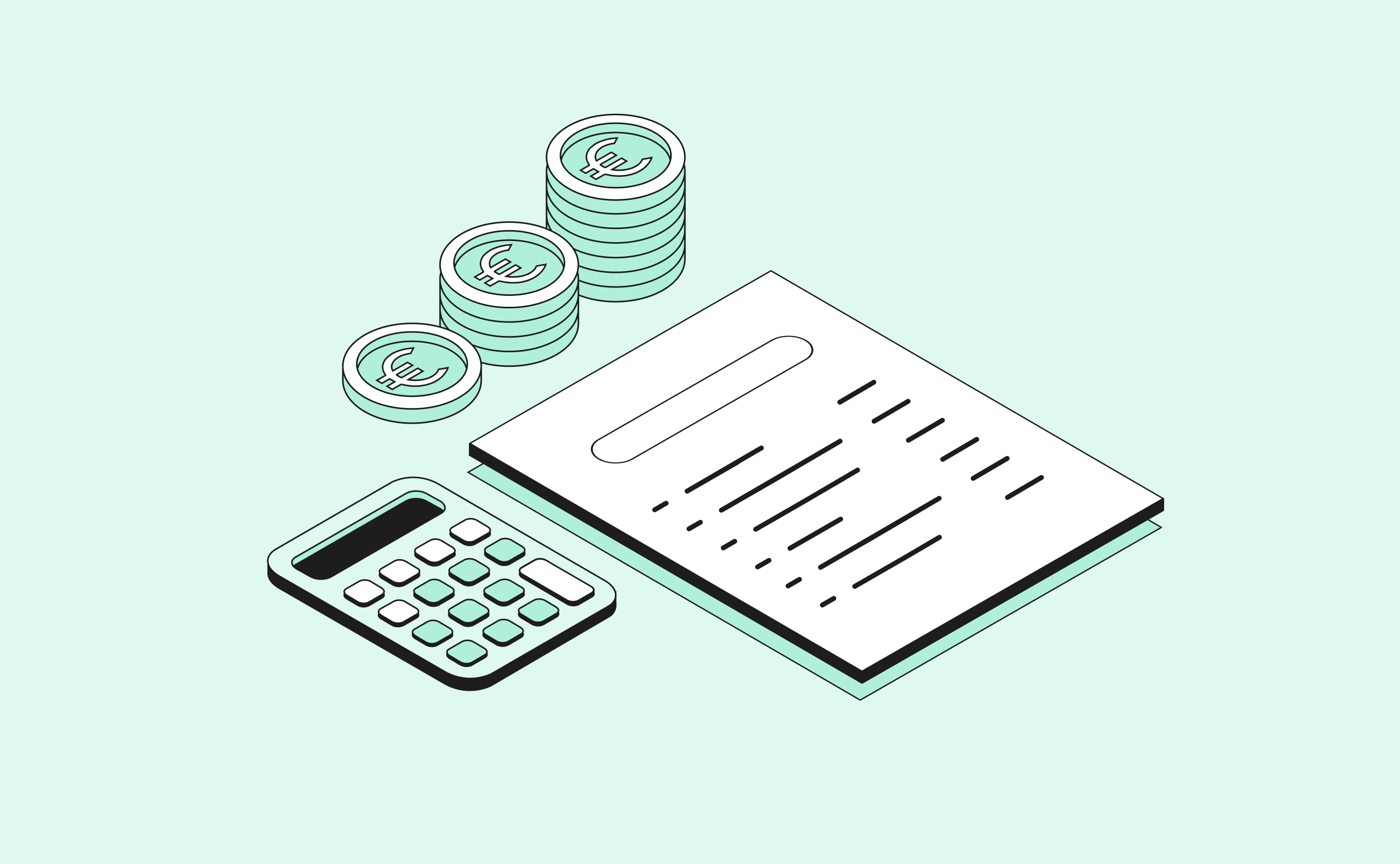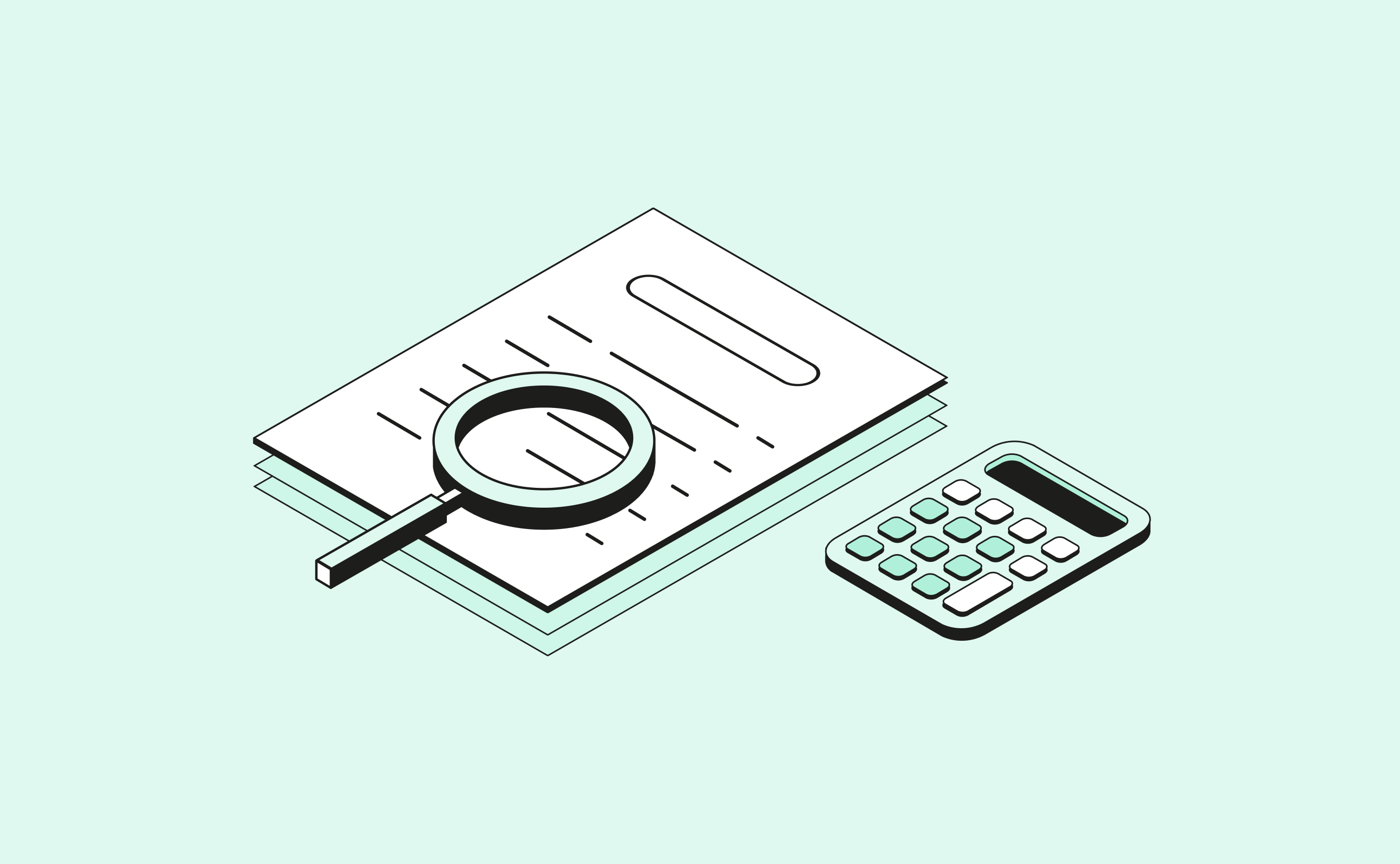Here's where it gets interesting: Germany's small business regulation (the Kleinunternehmerregelung) actually lets many freelancers skip charging VAT altogether. If your turnover stays below specific thresholds, you can issue invoices without VAT and avoid periodic VAT returns.
Here’s how the thresholds work. If your taxable turnover was less than €25,000 in the previous calendar year and you expect no more than €100,000 in the current year, you can qualify as a Kleinunternehmer. These are the current figures for 2025, but they can (and do) change - so it's worth double-checking for the latest updates.
As a Kleinunternehmer, you choose whether or not you'll charge VAT.
Advantages of not charging VAT:
- You have less admin to do. You don’t file advance VAT returns, which simplifies your monthly or quarterly workload.
-
Your prices are more competitive. Without the added 19%, your prices are more attractive for private (i.e. non-business) customers, who can’t reclaim VAT.
Drawbacks of not charging VAT:
-
No input tax deduction. You can’t reclaim VAT on business purchases, which can add up if you invest in equipment or software.
-
Business perception. Some business clients expect VAT and may prefer suppliers who charge it.
Opting in or out happens at the tax office registration stage. When you complete the Fragebogen zur steuerlichen Erfassung with your Finanzamt, you’ll indicate whether you want to apply the Kleinunternehmerregelung. If you choose it, include the required note on every invoice: “Gemäß § 19 UStG wird keine Umsatzsteuer berechnet.”
If you opt to charge VAT (or if you exceed the threshold), you must start charging VAT, follow invoicing rules for USt, and submit VAT returns via ELSTER.
